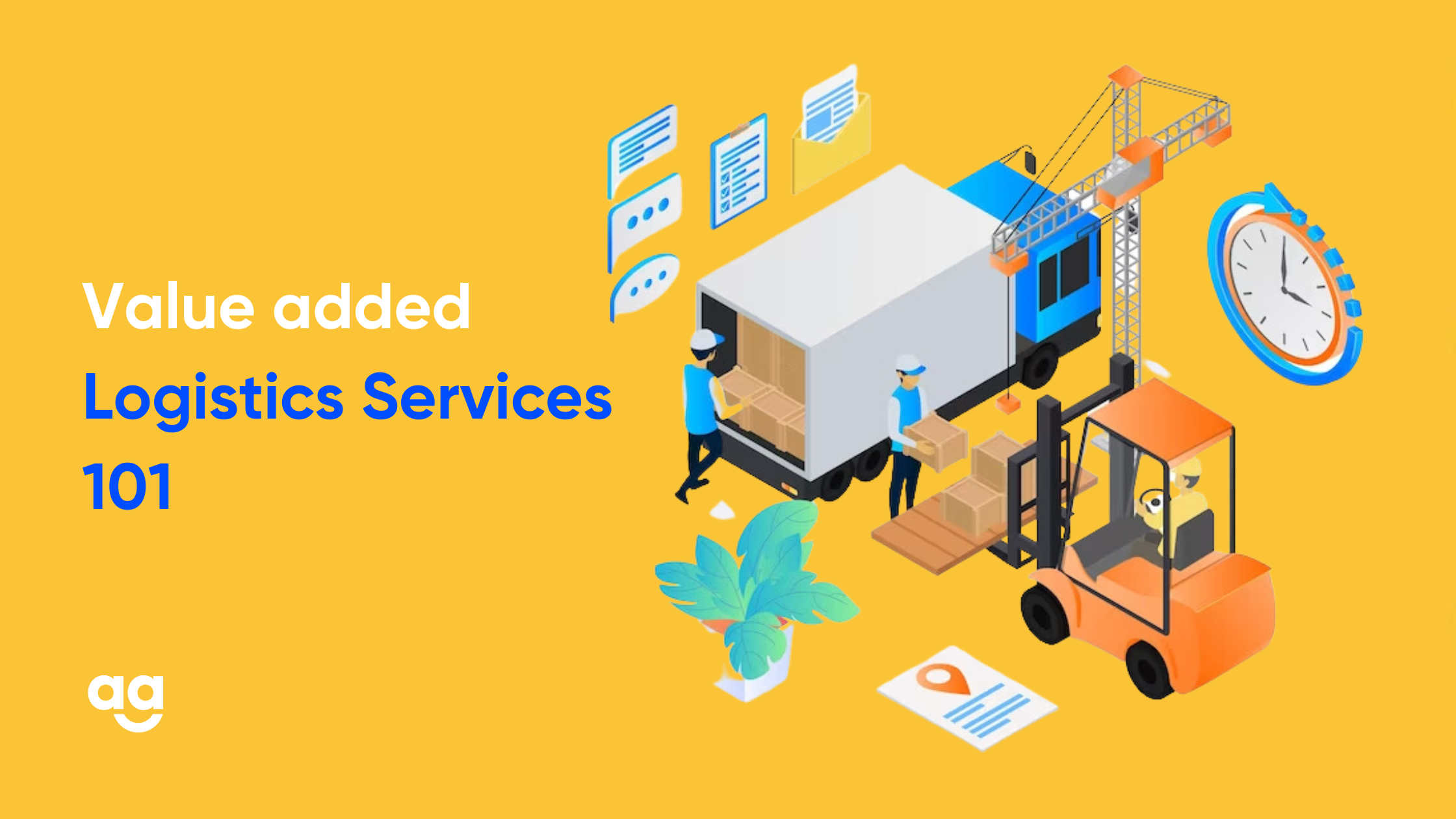What are Value Added Services?
Value-added logistics services are a wide range of offerings that can be customized to meet a business’s specific needs. They include services such as product assembly and kitting, packaging and labeling, quality control, product testing, and inventory management. The goal of these services is to add value to the supply chain and make it more efficient.
Types of Value Added Services
Value-added logistics services can take many forms, depending on the needs of the business and the requirements of its customers.
Here are some of the most common types of value-added services:
-
Custom Packaging and Labeling
Custom packaging and labeling services involve creating packaging and labeling solutions that are tailored to a business’s specific needs. This can include designing unique packaging that is more appealing to consumers or creating custom labels that meet regulatory requirements.
-
Assembly and Kitting
Assembly and kitting services involve putting together different components to create a finished product, or bundling individual items into a package or kit. This can be particularly useful for businesses that sell products that require assembly, such as furniture or electronics.
-
Quality Control and Product Testing
Quality control and product testing services are designed to ensure that a product meets certain standards and specifications. This includes conducting tests to ensure that a product is safe and functional, as well as verifying that it meets regulatory requirements.
-
Inventory Management
Inventory management services involve managing inventory levels to ensure that a business has the right amount of product on hand to meet customer demand. This includes forecasting demand, optimizing inventory levels, and developing strategies to minimize inventory costs.
- Demand Forecasting
Demand forecasting services involve using historical data and market trends to predict future demand for a product. This can help businesses plan their inventory levels and ensure that they are equipped to serve the current customer demand. - Inventory Optimization
Inventory optimization services involve finding the optimal level of inventory to keep on hand, based on factors such as lead time, demand variability, and inventory costs. This can help businesses reduce the costs associated with holding excess inventory while also ensuring that they meet customer demand.
- Demand Forecasting
-
Returns Management
Returns management services are designed to help businesses manage the cumbersome process of handling returns from customers. This can include developing a system for processing returns, inspecting returned products, and restocking inventory.
- Return Processing
Return processing services involve a system for accepting returns from customers, verifying the reason for the return, and processing the return in a timely manner. This can help businesses reduce the amount of time and resources spent on handling returns. - Product Inspection and Restocking
Product inspection and restocking services involve inspecting returned products to ensure that they are in good condition and are fit to be resold. This can help businesses minimize losses associated with returned products while ensuring that they have enough inventory on hand to meet customer demand.
- Return Processing
Benefits of Value Added Services
Value-added logistics services offer businesses a range of benefits that can help them improve their operations and gain a competitive edge in their industry. Here are some of the key benefits of value-added logistics services:
-
Cost Savings
One of the main benefits of value-added logistics services is cost savings. By outsourcing certain logistics functions, businesses can reduce their operating costs and free up resources to invest in other areas of the business. For example, outsourcing assembly and kitting services can help businesses reduce labor costs and increase efficiency, while outsourcing inventory management can help businesses reduce inventory holding costs and minimize the risk of stockouts.
-
Improved Efficiency
Value-added logistics services can also help businesses improve their efficiency by streamlining their operations and reducing the amount of time and resources required to complete certain tasks. For example, quality control and product testing services can help businesses identify and address issues before they become bigger problems.
-
Differentiation
Value-added logistics services can also help businesses differentiate themselves from their competitors by offering unique services or capabilities. This can be particularly important in industries where competition is high and products are commoditized. For example, businesses that offer custom packaging and labeling services can differentiate themselves by offering packaging solutions that are more attractive or functional than their competitors.
-
Improved Customer Satisfaction
Value-added logistics services can also help businesses improve customer satisfaction by providing additional services or capabilities that meet their customers’ needs. For example, returns management services can help businesses process returns more efficiently and provide better customer service to their customers, while assembly and kitting services can help businesses provide products that are ready to use right out of the box.
-
Flexibility
Finally, value-added logistics services can help businesses be more flexible and adaptable to changing market conditions. By outsourcing certain logistics functions, businesses can more easily scale their operations up or down as needed, without having to invest in additional resources or infrastructure. This can be particularly important for businesses that experience seasonal fluctuations in demand or unexpected changes in their industry.
Takeaway
Whether it’s cost savings, improved efficiency, differentiation, improved customer satisfaction, or flexibility, value-added logistics services can help businesses meet their customers’ needs and stay ahead of the competition. By understanding the different types of value-added services available and how they can benefit their business, companies can optimize their supply chain and achieve long-term success.







 Shipping
Shipping







